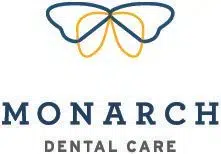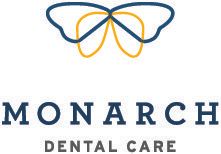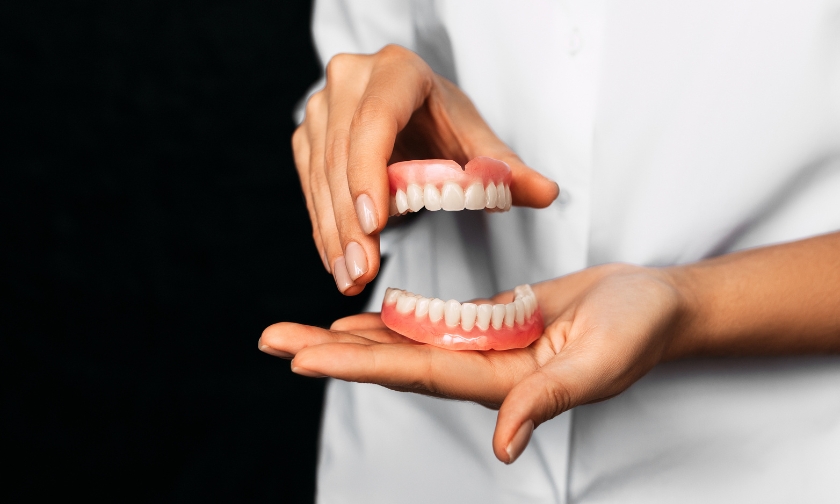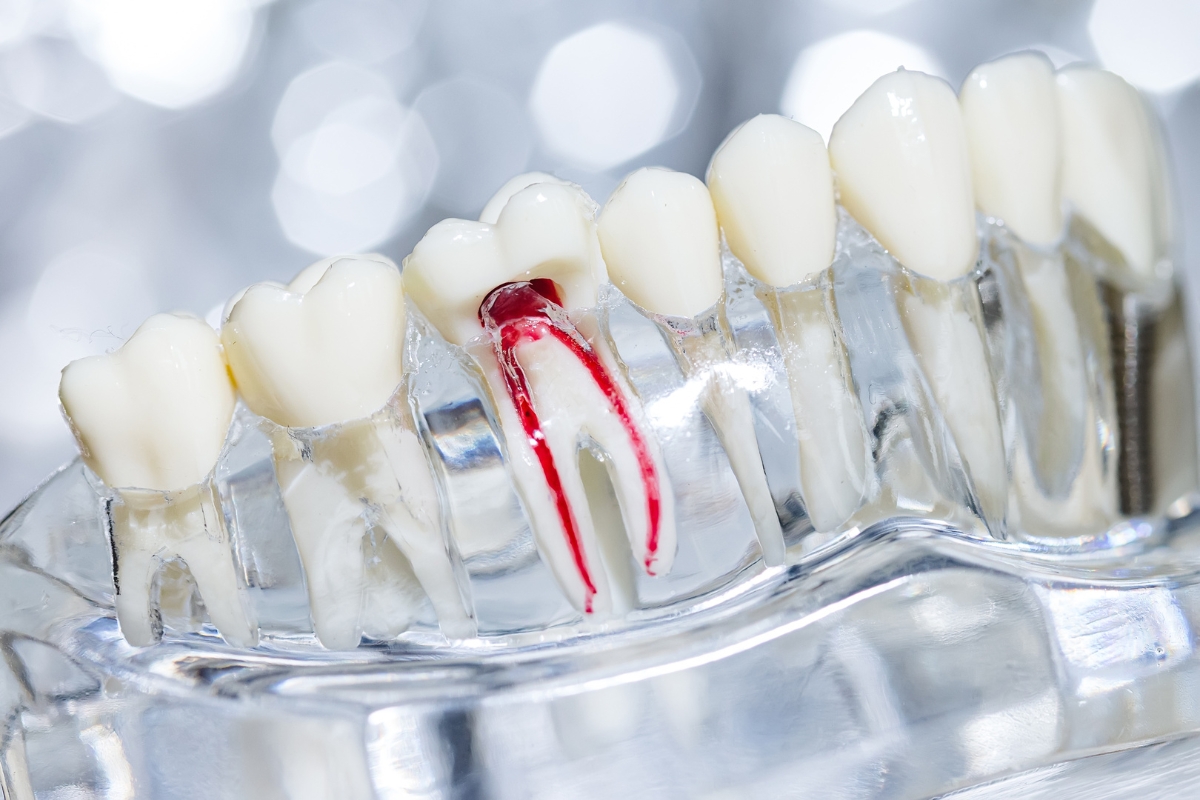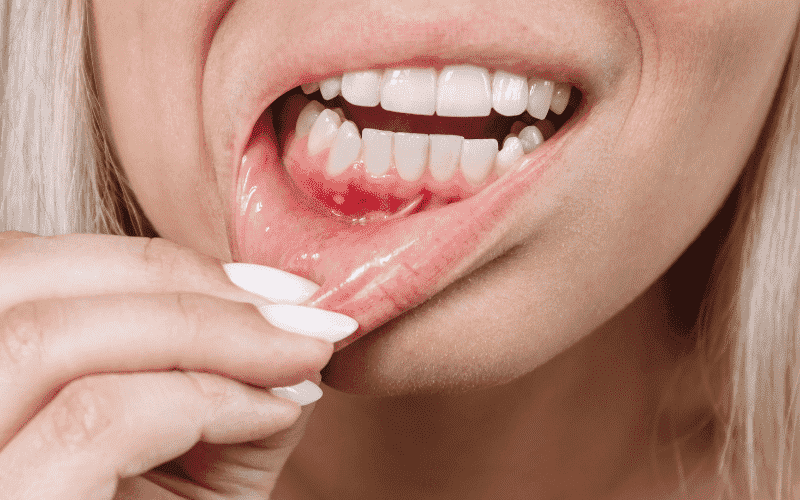
A healthy smile starts with healthy gums. They provide vital support for your teeth and act as a barrier against infection. But what happens when you notice your gums bleeding? While occasional minor bleeding after brushing too hard might not be a cause for immediate alarm, persistent or excessive bleeding can be a sign of an underlying dental issue.
This blog delves into the potential causes of bleeding gums, explores the importance of addressing the issue promptly, and emphasizes the role an emergency dentist can play in restoring your oral health, particularly if you’re located in Prairie Village.
Why Do My Gums Bleed?
There are multiple causes for gum bleeding. Below is a summary of some typical offenders:
- Gingivitis: This is the early stage of gum disease characterized by inflammation and bleeding gums. It’s caused by plaque buildup, a sticky film of bacteria that forms on your teeth. Gingivitis can develop into periodontitis, a more serious gum disease that can result in tooth loss, if treatment is not received.
- Improper Brushing or Flossing: Brushing too hard or using a worn-out toothbrush can irritate your gums and cause bleeding. Similarly, aggressive flossing techniques can damage delicate gum tissue.
- Hormonal Changes: Fluctuations in hormone levels during pregnancy, menstruation, or puberty can sometimes cause gum sensitivity and bleeding.
- Medications: Certain medications, such as blood thinners, can increase your risk of gum bleeding.
- Vitamin Deficiencies: Deficiencies in vitamin C or K can contribute to gum inflammation and bleeding.
- Medical Conditions: Certain medical conditions, like diabetes, can affect gum health and increase the risk of bleeding.
When Should I Be Worried About Bleeding Gums?
While occasional minor bleeding might not be a major concern, here are some red flags that warrant a visit to an emergency dentist in Prairie Village:
- Frequent or persistent bleeding: If your gums bleed regularly, even with gentle brushing and flossing, it’s a sign of an underlying issue that needs professional attention.
- Bleeding accompanied by pain, swelling, or redness: Painful, swollen, or red gums alongside bleeding indicate a more advanced stage of gum disease or a potential infection.
- Bleeding gums with loose teeth: If your teeth feel loose or wobbly in addition to bleeding gums, it could be a sign of severe gum disease and requires immediate dental intervention.
- Receding gums: Gums that appear to be receding away from your teeth expose the tooth root, leaving them vulnerable to decay and sensitivity.
Don’t Wait: Take Action Now!
If you’re experiencing any of the aforementioned symptoms, it’s crucial to seek professional help from an emergency dentist promptly. Here’s why:
- Early diagnosis and treatment: Early intervention for gum disease is key to preventing further damage and potential tooth loss. A dentist can diagnose the underlying cause of your bleeding gums and recommend the appropriate treatment plan.
- Preserving your smile: Gum disease is a leading cause of tooth loss in adults. Prompt treatment can help save your teeth and maintain a healthy smile.
- Improved overall health: Studies have linked gum disease to other health problems like heart disease and diabetes. Maintaining the health of your teeth can improve your entire physical well-being.
Emergency Dentists: Prepared to Help
Emergency dentists are equipped to handle urgent dental needs, including bleeding gums. They can:
- Perform a thorough dental examination: This includes assessing your gums, teeth, and overall oral health to determine the cause of the bleeding.
- Provide immediate pain relief: If you’re experiencing pain, an emergency dentist can offer options for pain management.
- Recommend treatment: Depending on the severity of your gum disease, your dentist might recommend scaling and root planing (deep cleaning), antibiotic therapy, or even surgery in advanced cases.
Taking Care of Your Smile: Prevention is Key
While visiting an emergency dentist can address immediate concerns, the best approach to bleeding gums is prevention. Here are some essential steps to maintain healthy gums:
- Brushing twice daily and flossing once daily: This removes plaque, the primary culprit behind gingivitis.
- Use a soft-bristled toothbrush: A gentle touch is crucial for cleaning your teeth and gums without causing irritation.
- Consider an electric toothbrush: These can be more effective at removing plaque than manual brushing.
- Replace your toothbrush every 3-4 months: Worn-out bristles become less effective at cleaning and can harbor bacteria.
- Maintain a healthy diet: Limit sugary foods and drinks that can contribute to plaque buildup.
- Schedule regular dental checkups and cleanings: Professional cleanings can remove plaque and tartar buildup that you might miss at home, and regular checkups allow your dentist to identify and address potential issues early on.
Finding the Right Dental Professional
If you’re experiencing bleeding gums and live in Prairie Village, consider these tips for finding the right dental professional:
- Emergency Dental Services: Look for a dentist who offers emergency dental services, ensuring they can accommodate urgent appointments for bleeding gums.
- Experience and Expertise: Choose a dentist with experience in diagnosing and treating gum disease.
- Patient Reviews and Recommendations: Read online reviews and ask friends or family for recommendations to get a sense of the dentist’s approach and patient satisfaction.
- Schedule a Consultation: This allows you to discuss your concerns in detail and assess the dentist’s communication style and bedside manner.
Embrace a Healthy Smile, Today and Every Day
Bleeding gums shouldn’t be ignored. By understanding the potential causes, recognizing the warning signs, and seeking prompt professional help when necessary, you can address bleeding gums effectively. Remember, prevention is key. Maintaining good oral hygiene practices and scheduling regular dental checkups can significantly reduce your risk of developing gum disease and bleeding gums. With the right approach and a commitment to your oral health, you can achieve a healthy, beautiful smile that lasts a lifetime.
